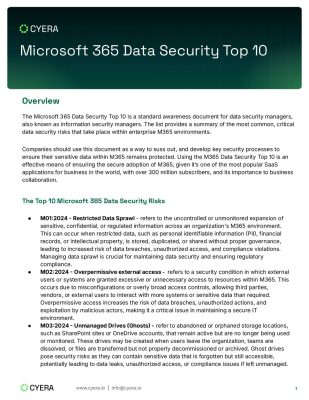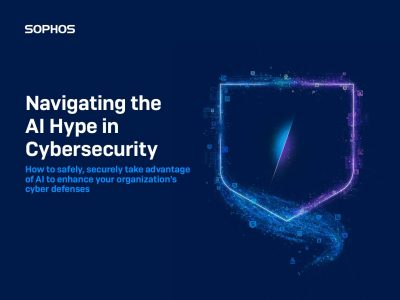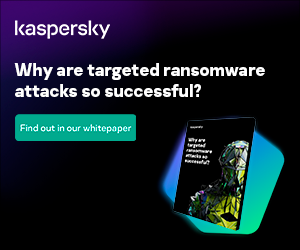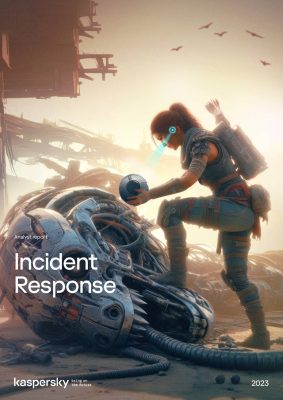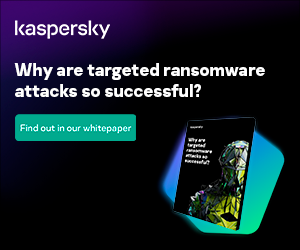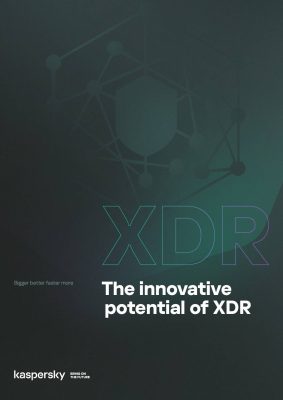Highlights:
- The company has built a set of AI models to thwart cyber-attacks, which includes large language models trained on prior cyberattacks and another model focused on detecting anomalies.
- The company stated that it has created a groundbreaking set of language models, known as “cyber language models,” designed specifically for cybersecurity operations.
Recently, an AI startup specializing in cybersecurity for governments and critical infrastructure, Dream, has raised USD 100 million in early-stage funding, bringing its valuation to USD 1.1 billion.
Bain Capital Ventures led the Series B round, with participation from Group 11, Tru Arrow, Tau Capital, and Aleph.
Dream was co-founded in 2023 by Shalev Hulio, the company’s CEO, who is also known as the co-founder and former CEO of NSO Group, the creator of the infamous Pegasus spyware targeting mobile devices. Hulio partnered with Sebastian Kurz, the former Prime Minister of Austria, to establish Dream. After stepping down from their roles at NSO and in government, Hulio and Kurz applied their expertise in securing enterprises and national entities to build the company.
“Sophisticated cyberattacks on our critical infrastructure are increasing in prevalence and complexity. During my time as prime minister, I saw firsthand how these attacks can cause real human damage, and have the capacity to disrupt society at large,” said Kurz.
To counter these attacks, the company has developed a range of AI models, including large language models trained on historical cyberattacks and another focused on anomaly detection. Hulio stated that the funding will be used to create more advanced models to safeguard critical infrastructure and enhance its current foundational series.
The company revealed it has developed a groundbreaking set of “cyber language models,” specifically designed and trained for cybersecurity operations. This innovation was driven by the increasing sophistication of cyber threats targeting governments, hospitals, energy infrastructure, and other critical sectors. Automating security involves specialized, complex tasks that generalized AI cannot manage, requiring training based on real-world attack data, networking, and an in-depth understanding of hacker tactics.
Dream explained that by modeling both defensive network architecture and hacker behavior, it can leverage predictive AI modeling to address emerging threats as they arise and proactively prepare for potential unknown threats. Hulio said, “We founded Dream to deliver a solution that truly works for nations, specifically because it was designed with their needs in mind.”
In the past, hackers have used ransomware to disrupt major fuel pipelines in the U.S., such as the 2021 attack on Colonial Pipeline Co. More recently, they stole customer data from AT and T Inc. and breached the U.S. government office responsible for reviewing foreign investments for national security risks, the Committee on Foreign Investment (CFIUS).
Many of these attacks are believed to be carried out by nation-state-backed attackers, such as the AT and T breach, which sources reported as being attributed to Chinese hackers. Other telecommunications networks also faced similar attacks, including Charter Communications, Consolidated Communications Inc., Windstream Holdings Inc., Verizon Communications Inc., Lumen Technologies Inc., and T-Mobile US Inc. The CFIUS breach is also thought to have been executed by a China-backed hacking group.
While the network attacks on telecom companies mainly target customer data, these breaches are often part of larger probes for vulnerabilities that could lead to outages, intercepted communications, and broader national security risks.
The company aims to expand its operations by opening new offices in regions such as the United States and South America. Dream is headquartered in Israel, with offices in Tel Aviv, Vienna, and Abu Dhabi.





